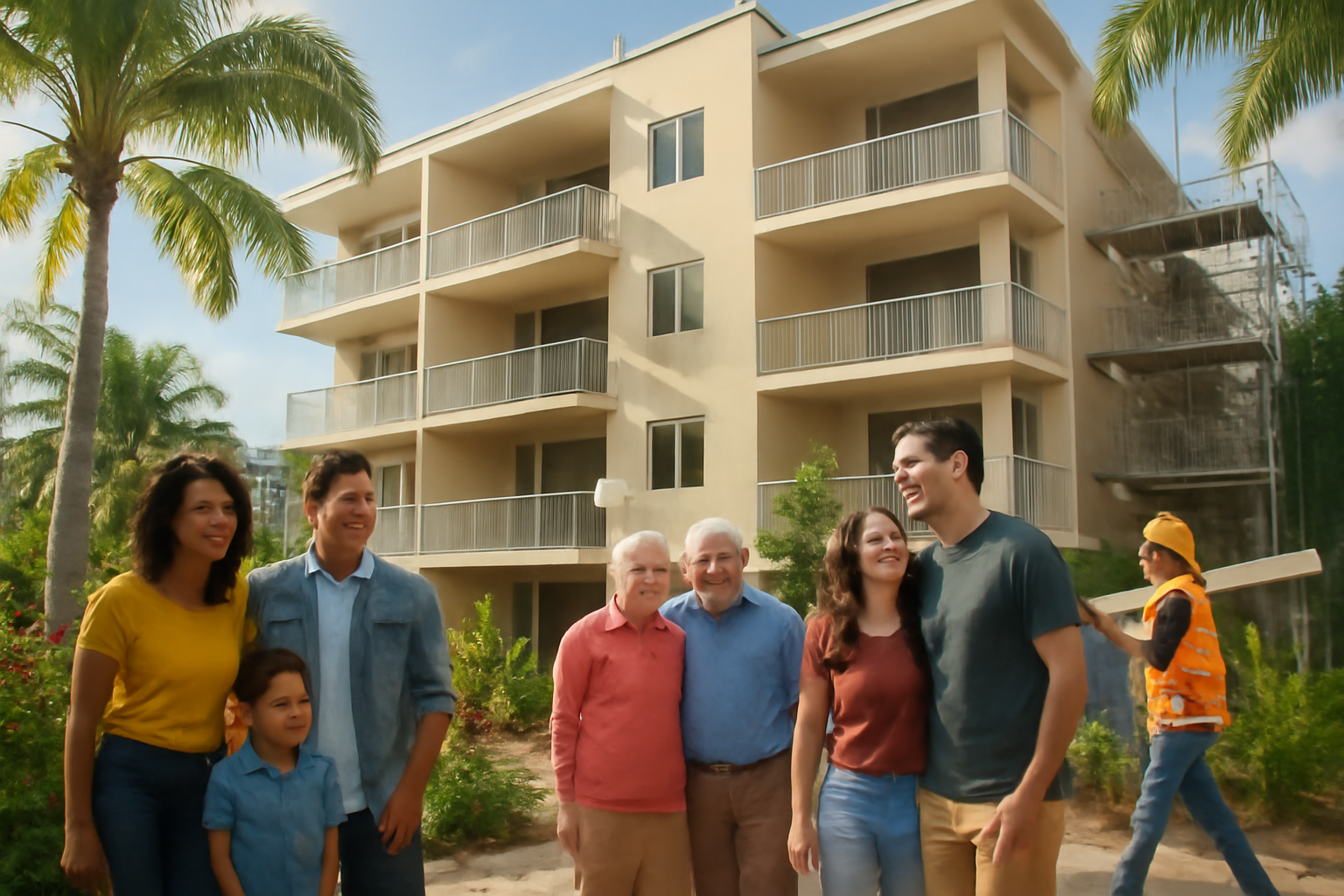Florida Condominium Owners Get Financial Relief: Breaking Down the New Legislation
Florida condominium residents have been caught in a financial storm. After the tragic collapse of the Champlain Towers South in Surfside in 2021, state lawmakers introduced stricter safety standards—and with them, steep new costs for vital repairs and ongoing maintenance. Many condo owners, especially retirees and working families, have found themselves facing unexpectedly high assessments and skyrocketing fees. But there is now some much-needed good news: a new Florida law offers hope and relief for owners grappling with these heavy burdens.
Why Have Costs Skyrocketed for Florida Condo Owners?
In the wake of the Surfside condo collapse, which claimed 98 innocent lives, Florida legislators moved swiftly to ensure no such tragedy could occur again. Their solution included much tougher building safety regulations, mandatory structural inspections, and requirements for robust reserve funds to cover future repairs.
While these changes were widely seen as necessary for public safety, the financial effects were immediate and severe: many condo associations found themselves scrambling to fund millions in new upgrades—often passing those burdens directly on to individual unit owners.
Understanding the New Law: What Does It Change?
The recent law, signed by Governor Ron DeSantis, aims to strike a balance between safety and affordability. The most significant changes include:
- Extending the time required for condo associations to collect and maintain reserve funds for structural repairs. The deadline is pushed back, easing immediate pressure on residents.
- Allowing more flexibility in how and when money is set aside, rather than mandating huge lump sums up front.
- Offering some residents the ability to apply for state-backed loans or other financial assistance to pay for their share of mandatory repairs.
For a detailed overview, you can read the latest coverage at ABC News or the Miami Herald’s real estate reporting.
Who Will Benefit?
This law is especially important for:
- Retirees on fixed incomes who were facing possible foreclosure due to unaffordable “special assessments.”
- Middle-class families who bought condos to build equity, only to be blindsided by sudden, enormous repair bills.
- Condo communities across Florida where owners voted down maintenance projects in the past due to cost, putting safety in jeopardy.
How Will the Law Affect Building Safety?
Even though it eases some immediate financial pain, the new legislation does not roll back safety standards. All Florida condos must still comply with:
- Mandatory “milestone” structural inspections, especially for buildings 3 stories and up, and those over 30 years old (or 25 years near the coast).
- Maintaining reserves for long-term repairs, just over a longer timeline.
- Transparency around inspection results and repair needs for all residents.
For a deeper dive into the safety rules, the Florida Realtors Association provides a great explainer.
What Should Condo Owners Do Next?
If you own a Florida condo, here are the key steps to take now:
- Review your association’s new budget and reserve schedule. Ask your board or property manager for details on repair timelines and revised assessments.
- Stay involved in HOA meetings: Your participation—and your vote—matter more than ever as boards revise schedules and look for funding solutions.
- Explore financial aid options—such as state-backed loans or payment plans—if your share of repairs remains overwhelming.
- Check the latest news from the Florida Condo Association for updates and advocacy efforts.
Community Impact: Will This Help Stabilize Florida’s Condo Market?
Experts say this should help avoid a wave of forced condo sales and defaults, with thousands of owners previously at risk of losing their homes. By giving associations more realistic timelines and access to outside financial resources, the law makes it possible for buildings to upgrade safety while keeping residents in place.
However, the underlying challenge—a vast inventory of aging buildings in need of repair—remains. Ongoing vigilance, smart planning, and proactive communication between boards and residents will be essential.
Conclusion: A Step Forward for Florida Condo Residents
Florida’s new law is not a cure-all, but it’s a clear recognition that safety and affordability must go hand-in-hand. Condo owners are getting a lifeline—extra time, more options, and a chance to keep their homes while their communities get safer.
If you want to learn more about condo laws, finances, and safety, here are some helpful resources:
Have any experiences or insights to share? Let us know in the comments below!




